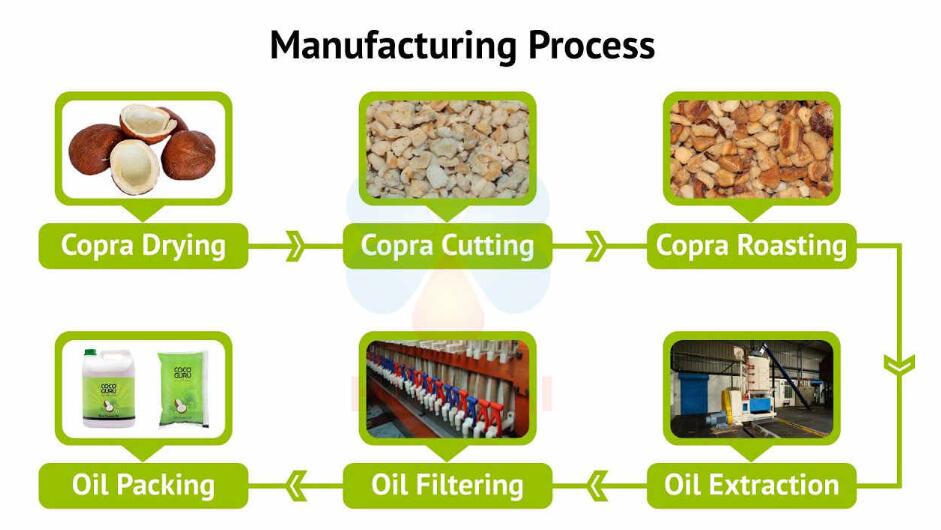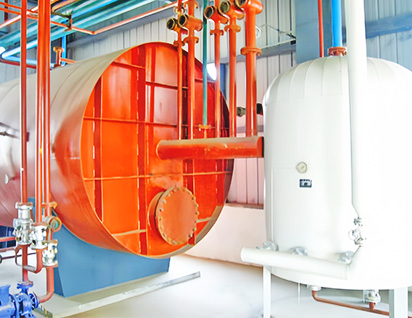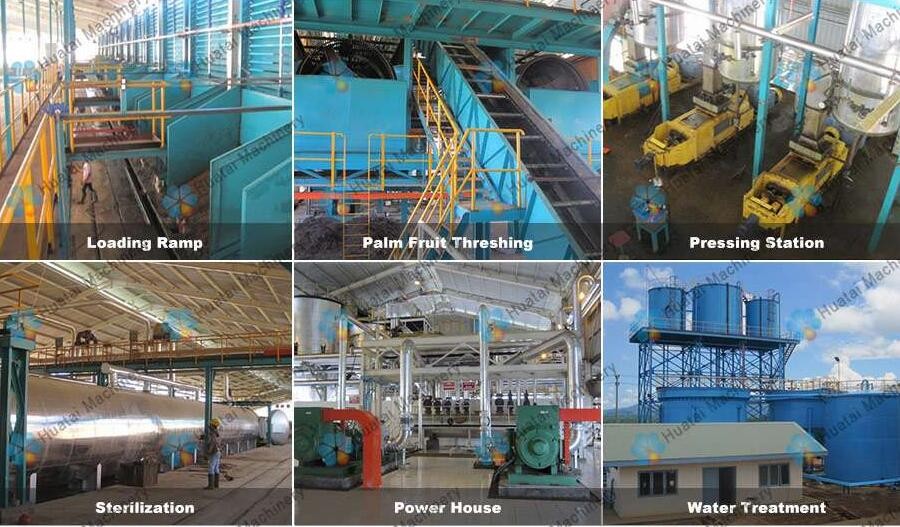Rice bran oil refinery plant adopts physical refining technology, including hydration degumming, water washing, drying, decolorization, filtration, deacidification, deodorization, dewaxing processes. Rice bran oil refinery plant developed and produced by GREAT can reduce the consumption of caustic soda and activated carbon for refining, and can also reasonably lower the peroxide value to avoid discoloration and acid return of oil during high-temperature deodorization. Rice bran oil refinery plant process: rice bran crude oil → impurity removal → dewaxing → hydration → alkali refining → water washing → dehydration → decolorization → deodorization→ finished rice bran oil
1. Impurity removal—heat the rice bran crude oil to 90°C and filter it with a filter.
2. Dewaxing - the wax content in rice bran oil is generally 3%-5%. Bran wax cannot be absorbed by the human body and has no edible value. It needs to be removed to avoid affecting the quality of rice bran oil.
3. Hydration - first heat the rice bran oil to 65-70°C, then add hot water at the same temperature equal to 5% of the oil volume while stirring, stir for 40-60 minutes, and stop heating when the temperature rises to 80°C. Stir for another 25 minutes or so and let sit for 4-6 hours.
4. Alkali refining - measure the acid value of crude rice bran oil before alkali refining
5. Water washing - heat the alkali-refined rice bran oil to 80~94℃, add boiling water with 10%~15% oil content while stirring, stir for another 15 minutes, and let it stand for 1~2 hours. If the pH value of the wastewater is close to 7, it can be drained; if the wastewater still shows red after the phenolphthalein test, it needs to be washed until the phenolphthalein test results don't show red or the pH meter shows neutral.
6. Dehydration - heat the oil to ℃ and stir until no foam appears on the oil surface. The moisture content of the dehydrated rice bran oil should be less than 0.2%.
7. Decolorization—heat the oil to 95~100°C, and add dry activated carbon or acidic clay while stirring. The added amount is about 2% of the weight of rice bran oil. After stirring for 0.5 hours, take a sample and observe it. If it meets the standards, enter the next process. Otherwise, it still need to repeat decolorization several times until the oil turns yellow and translucent.
8. Deodorization - mainly removes oxides in oil, such as ketones, aldehydes, free acids and sulfur-containing compounds. These substances exist in rice bran oil and make oil show the main "odor", so they should be removed. Deodorization usually involves passing superheated steam under vacuum to raise the oil temperature to above 220°C, processing for 4 to 6 hours, and then lowering the oil temperature to 40 to 60°C, then transferring it to a cooling oil tank, after cooling naturally to get refined rice bran oil.



